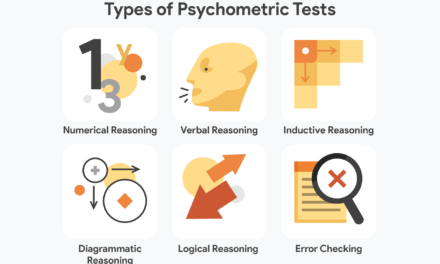The growth of contract work has created an increasing need for written proposals. In networking and discussions with employers, they may consider taking on a project on a contract basis, which usually means submitting a plan that puts in writing your concept of the project and states your fees.
THREE TYPES OF PROPOSALS
1. Letter Confirming a Verbal Agreement
You and the company have discussed and verbally agreed to proceed with a project. You need to follow-up with a letter that outlines details of the agreement. “This letter confirms our agreement to…”
2. Solicited Proposal
You submit a written proposal in response to either a written or verbal Request For Proposals (RFP) from a company. Other contractors will probably send bids as well. Include the following content in your proposal:
? introductory paragraph stating the background and need for the project
? The objectives of the project? a description of the work done
? A brief outline of your expertise and qualifications for the project? When will the project begin, deadlines for each step, and when completed? expenses paid by the company (if any)
? total fees paid to you by the company? your name and contact information (use your letterhead, if you have it)
The proposal, if accepted, would then be followed by a separate written contract. Sometimes the project becomes the contract when both parties sign it.
3. Unsolicited Proposal
You may decide to submit an unsolicited proposal if, in your discussions with employers, you uncover a need or a challenge that a company faces for which you can provide a solution. In this way, you can create a work opportunity for yourself. Your proposal should be in the form of a one or two-page letter and should include the following items:
? a reference to your previous discussions with background information
? a statement of the company’s problem or need and the results it desires? Your suggestions for a course of action
? your special qualifications (skills, experience) for the work you propose? when the project can begin and when completed
your fees
? an offer to meet the company to follow up on the proposal.
Tell them when you will contact them for this purpose.
One thing to be careful of within the unsolicited proposal is to avoid providing all the details of your course of action. There is a danger the company can take your great ideas and either do the project themselves or give the contract to someone else. The chances of an unsolicited proposal accepted are much lower than a solicited one unless you have established a solid contact with the company, have discussed the issues with them, and have determined they would be receptive to a proposal from you.
© Wordscapes® (David Turner). All Rights Reserved.




